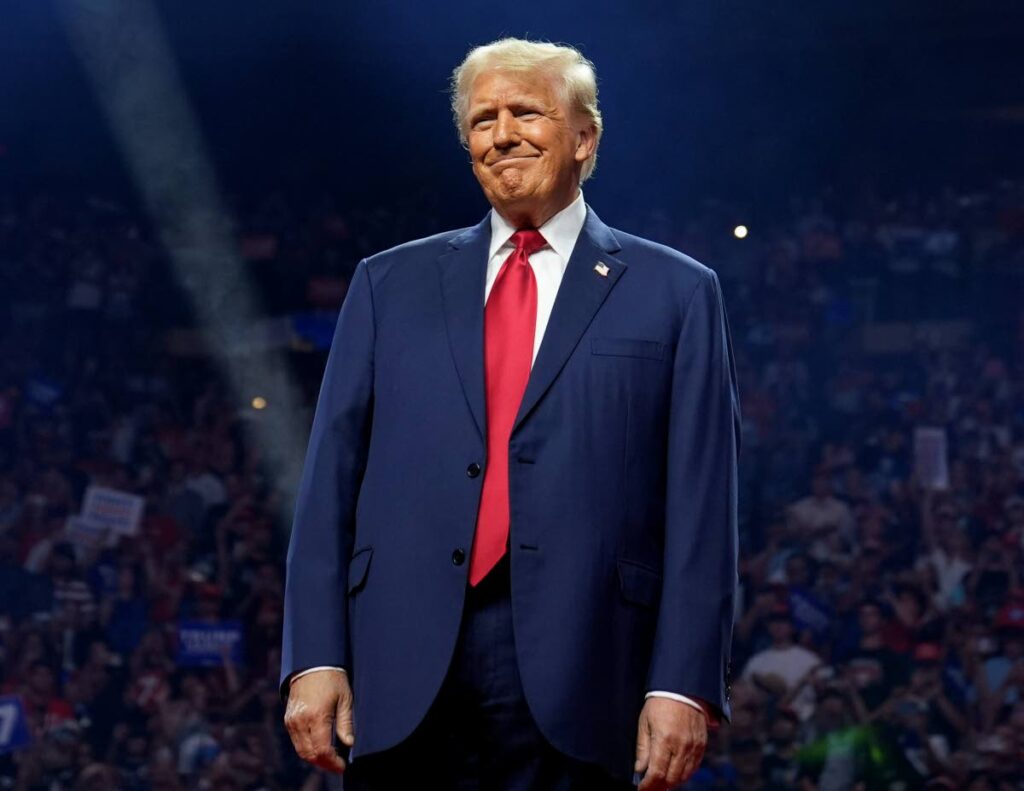Window into forex problem
Written by Newsday on November 5, 2024

THE GOVERNMENT’S decision to resume the importers’ limb of the EximBank’s preferential access window – at a reduced allocation of US$25 million per month – falls short of what is required to address the foreign exchange situation comprehensively.
On November 3, Minister of Finance Colm Imbert announced the window was back, but “in a restructured format.”
The minister said this decision was taken “after careful consideration and a comprehensive review”; but his statement was scarce on key details.
It was only on October 29 that Mr Imbert disclosed the facility, which originated in the covid19 pandemic and was meant to help bring in “essential” items, was “under review.”
He emphasised then that there was always an understanding among importers that the measure was “temporary” and said the bank’s forex facility would be “amended to return the programme to its original intent,” which is to boost exports, since the need for emergency measures during the pandemic is over.
In a matter of days, the Cabinet winds shifted.
But in reducing the window from US$30 million to US$25 million, new questions arise.
The minister noted, “for the avoidance of doubt,” that pandemic-related items such as hand soap, toothpaste, face masks, deodorants, respirators and hand sanitisers are no longer covered.
Yet not all of these are exclusively covid19-related goods.
In fact, the reference to the removal of covid19-related items creates the impression that the government now concedes that even though the emergency measures have ended, the need for the window has remained.
In which case, the appropriateness of setting the facility at US$25 million is a matter of debate.
Mr Imbert justified it simply by saying, “This is considered to be adequate at this time.”
However, that is the multi-million-dollar question.
Tellingly, the minister further disclosed this week that the role and impact of locally manufactured products which substitute for imports “are being carefully considered,” that greater access to forex for inputs for local consumption “will be considered shortly”; and further details “will be announced” after consultation.
It was Mr Imbert who, in response to forex concerns relating to importing goods for this Christmas season, placed the EximBank centre stage.
But this to-do list demonstrates the fact that the window is not the full extent of what the state needs to address.
Though officials should be praised for maintaining access to specific items such as foods, pharmaceuticals and hygiene products, such as sanitary napkins and pads, and though every little counts in terms of assistance, the proportion of overall demand represented by such goods is unclear.
The silence of the Central Bank and banking entities has not helped.
What is clear is the complexity of the problem.
What is needed now is not just a window, but renovation of the whole house.
The post Window into forex problem appeared first on Trinidad and Tobago Newsday.




